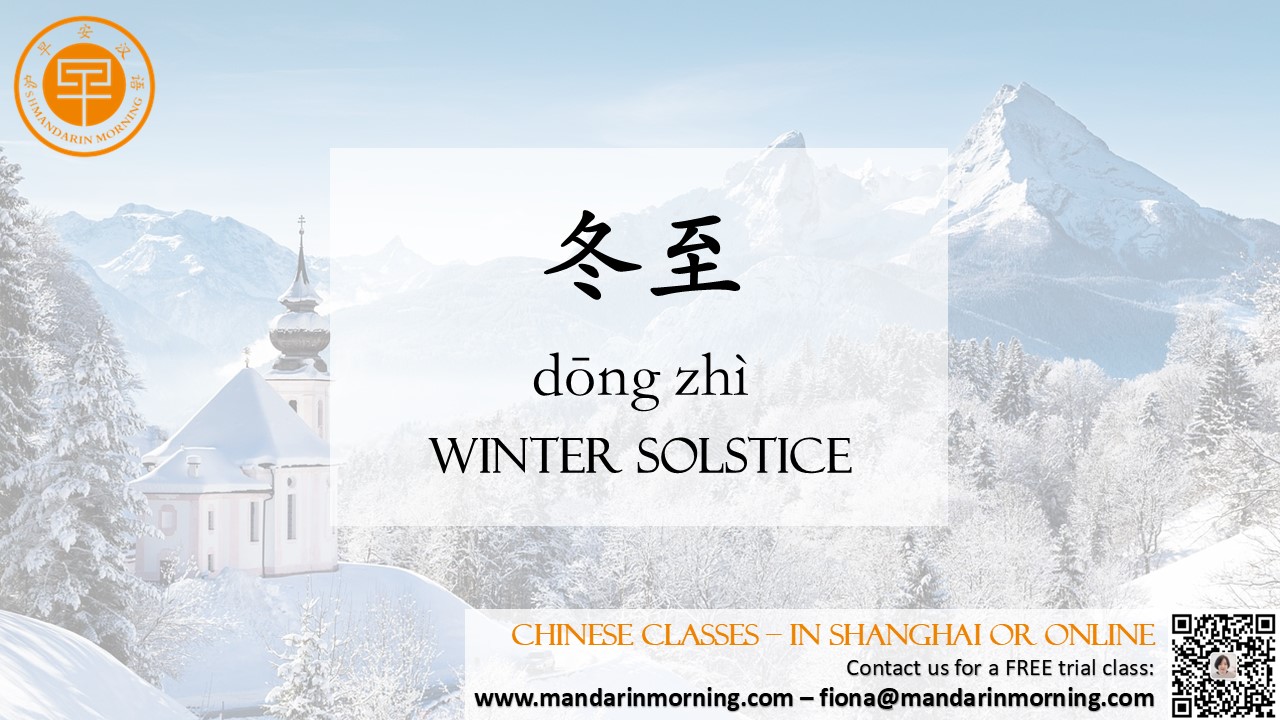【Learn Chinese】Winter Solstice in Chinese Culture |
Today, we're going to delve into one of the most significant traditional Chinese festivals that is not only a celebration of nature's cycle but also a time for family reunions. We're talking about the Winter Solstice, known in Chinese as "冬至" (Dōngzhì), which is the shortest day and the longest night of the year. The Winter Solstice, falling around December 21st or 22nd each year, marks the beginning of winter in the Chinese lunar calendar. It is a time when the sun is at its lowest point in the sky, and from this day forward, the days gradually become longer. This festival has been celebrated in China for over 3,000 years, with various customs and traditions that have evolved over time. In ancient times, the Winter Solstice was considered as important as the Chinese New Year. It was a day to pay respects to ancestors and to offer sacrifices to deities, seeking blessings and protection for the coming year. Today, the festival retains its significance, with family members gathering together to honor their elders and enjoy a hearty meal. Activities during the Winter Solstice One of the most important aspects of the Winter Solstice is the food. In the north of China, it is customary to eat dumplings, known as "饺子" (Jiǎozi). There's a saying that goes, "不吃饺子,冻掉耳朵" (Bù chī jiǎozi, dòng diào ěrduo), which humorously suggests that if you don't eat dumplings, your ears might freeze off! In the south, people often opt for tangyuan, sweet rice balls symbolizing unity and completeness, referred to as "汤圆" (Tángyuán). The Winter Solstice is also a time for health and well-being. It is believed that this is an optimal period for taking supplements and tonics to boost the immune system, as the body is thought to be more receptive to nourishment during this time. Traditional Chinese medicine emphasizes the importance of aligning with the natural rhythms, and the Winter Solstice provides a perfect opportunity to do so. In conclusion, the Winter Solstice is more than just a change in the weather; it is a cultural phenomenon that encapsulates the essence of Chinese tradition and family values. As we wrap up this year and look forward to the next, let's take a moment to appreciate the wisdom of our ancestors and the beauty of the changing seasons. Whether you're in China or anywhere else in the world, you can join in the celebration by enjoying some traditional foods and reflecting on the year that has passed. |